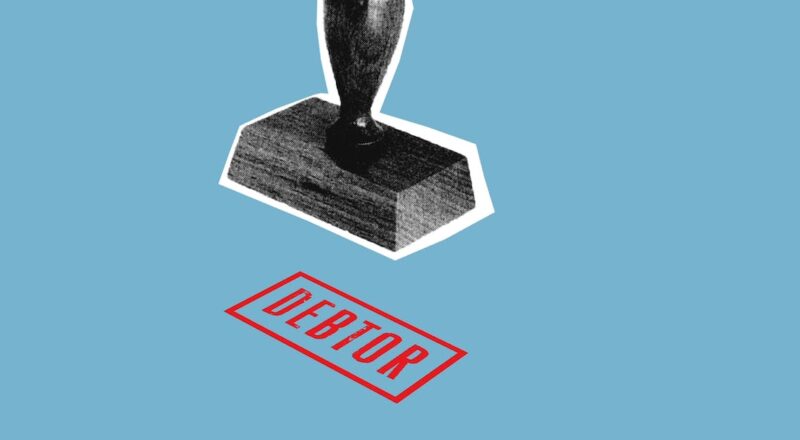Insolvency is a difficult and often stressful financial situation, but it is important to understand how it might affect your taxes. Knowing the impact of insolvency on taxes can help individuals struggling financially plan better for their future and make sound financial decisions. Insolvency can affect the amount of taxes one must pay, the timing of when taxes are due, if any taxes are owed and any other tax implications on the taxpayer. It is important to understand these nuances so that individuals can adjust appropriately to their financial situation. This article will provide some valuable insight into understanding the impact of insolvency on taxes.
Late or Unpaid Taxes
Late or unpaid taxes can have a serious impact on your insolvency and overall financial health. The Canada Revenue Agency (CRA) is responsible for collecting taxes owed and ensures that everyone pays their fair share. Unpaid taxes can lead to the CRA taking legal action against you, and this can have serious consequences for both your personal and business finances.
When you owe taxes to the CRA, it is important to take action immediately. The CRA offers various payment options such as payment plans, direct debit, and other methods. You may also be able to negotiate a lower amount with the CRA if you can prove that you are unable to pay the full amount. If you do not take action to pay your taxes, the CRA may add interest, penalties, and other charges to the amount you owe. This can cause your tax debt to become unmanageable and can lead to more serious financial problems. It is important to act quickly to avoid the potential consequences of late or unpaid taxes.
Tax Deductions and Credits
When filing taxes, many people are unaware of their eligibility for tax deductions and credits. These deductions and credits can help alleviate the financial burden of taxes on an individual or family. Tax deductions lower an individual’s taxable income, while tax credits are a dollar-for-dollar reduction of the taxes owed. Understanding which deductions and credits an individual can claim is essential in order to maximize their tax savings.
When dealing with insolvency, deductions and credits may be used to offset the impact of the insolvency on the individual’s taxes. For example, if an individual had debt discharged by a bankruptcy or insolvency, they can claim a deduction for the amount discharged. Additionally, individuals may be able to claim the Child Tax Credit or the Earned Income Tax Credit to offset the cost of their taxes. These deductions and credits can be used to reduce the amount of taxes owed and may even result in a tax refund.
Filing for Bankruptcy
Filing for bankruptcy is a difficult decision to make, but it is sometimes necessary to protect yourself financially. Bankruptcy is a legal status that a person can apply for when they are unable to pay their debts. This process allows individuals to have their debts discharged and start rebuilding their financial lives. When filing for bankruptcy, it is important to understand the impact it will have on your taxes.
In most cases, filing for bankruptcy will not affect the taxes you owe. However, any taxes that have been discharged by a bankruptcy court may be excluded from your taxable income. Depending on the type of bankruptcy you file for, you may be able to discharge some of your income tax debt. It is important to consult a qualified tax advisor to discuss the specifics of your case and to make sure that you are properly filing your bankruptcy.
